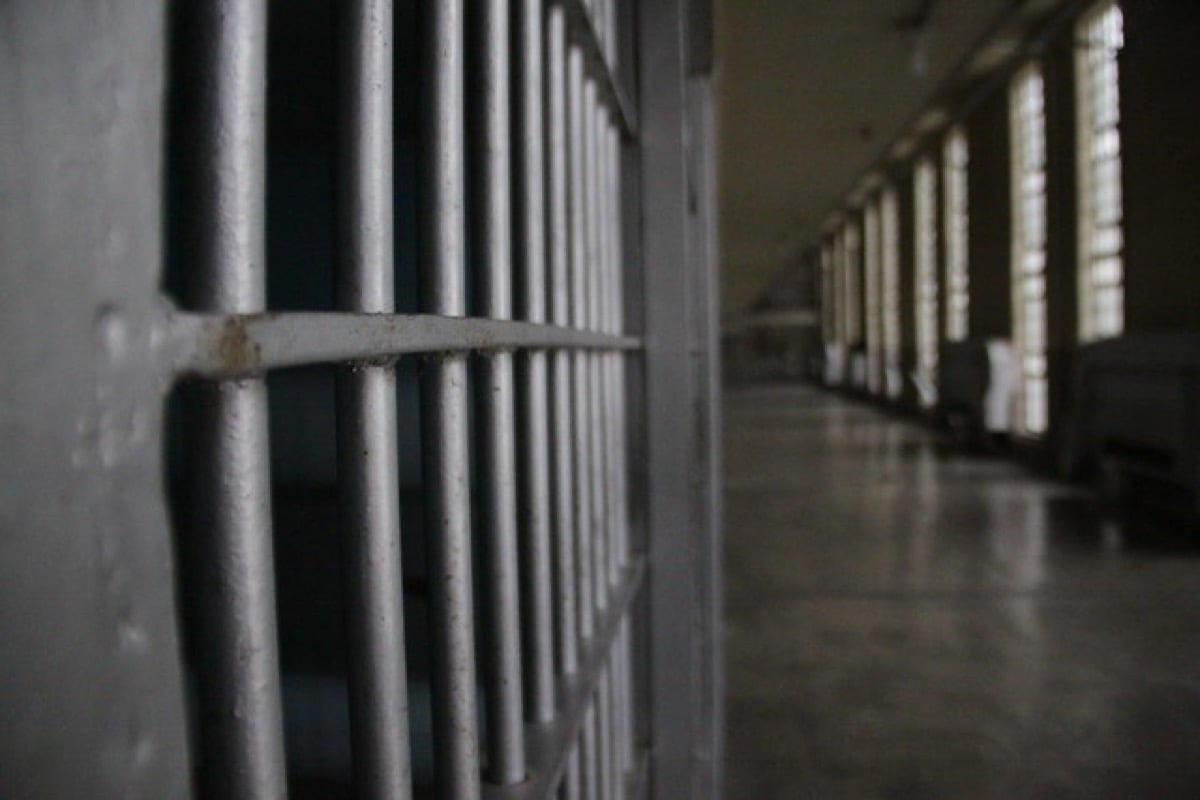Lately, it seems like even matters of basic decency have become partisan and controversial, and now this includes SB 146, a bill in Louisiana’s state legislature meant to protect sexual assault survivors from being jailed as a means to coerce testimony from them.
Last week, Louisiana district attorneys, who hold strong sway over law enforcement bills, unanimously expressed opposition to the bill. Earlier this month, SB 146 passed out of the state Senate Judiciary Committee for a full vote on the Senate floor, but it may face an uphill battle with such influential opposition.
The head of the Louisiana District Attorneys Association, Charles Ballay, claimed the jailing of survivors as a method of coercion is a “very, very necessary [tool]” for district attorneys, and despite Ballay’s additional claims that this approach is “rarely ever used,” according to the judicial watchdog group Court Watch NOLA, at least two women who had survived sexual violence were jailed for about a week each in 2016. One of these women had three children to care for and almost lost her job.
If this news—the incarceration of survivors, and state opposition to protections for survivors—sounds familiar, that’s because it is. Almost 90 percent of women who have spent time in jail are survivors of sexual violence, according to a 2017 study. Despite stereotyping of prison rape as an issue uniquely impacting male inmates, women are more likely to experience sexual assault in prison, particularly by guards, and in numerous cases, including the aforementioned two New Orleans women, survivors are jailed because of their assaults. When women come forward about sexual violence they’ve experienced, they can face more than just disbelief and social ostracism, but real, terrifying legal consequences.
We recently saw one high-profile example of the jailing and punishment of survivors in the pardoning of Cyntoia Brown, a young black woman and survivor of human trafficking who served 15 years of a life sentence in prison for killing her abuser in self-defense.
It’s not clear how prevalent this method of coercing testimonies from survivors is, or whether other states explicitly permit it, as Louisiana does, but cases including one rape survivor being jailed in Houston for having a mental breakdown at her trial, and two other cases of women in Hawaii and Oregon being jailed for not testifying about their assaults, suggest this is far from uncommon.
As Louisiana lawmakers who support SB 146 have pointed out, the jailing of survivors only serves to re-traumatize them. Forcing them to testify about something as deeply personal as being raped further denies them agency and autonomy, and depending on their unique circumstances and relationships, could put them in danger. Additionally, it seems worth noting once again that almost 90 percent of jailed women are survivors of sexual abuse, meaning many may suffer from PTSD and could be triggered by various jail procedures, such as full-body pat-downs.
From Cyntoia Brown to Louisiana state law, the criminal justice system seems all but built to punish and traumatize survivors of sexual abuse. Prosecutors in Louisiana claim this policy is about helping survivors, who may not realize testifying is somehow to their benefit, but it seems more likely that the jailing of survivors—who owe their stories and testimonies to absolutely no one—is about sending a message to all survivors about what may await them if they come forward. An estimated one in five women is a victim of sexual assault, but anywhere from two-thirds to almost 90 percent of women choose not to report their experiences.
Whether or not survivors speak publicly about their experiences with abuse, or name their assailants, must always be entirely their decision. Yet, some argue that because most rapists and abusers are repeat offenders, survivors are morally obligated to come forward, or else shoulder the blame when their abusers victimize someone else.
But it doesn’t work like that. Rape and sexual violence aren’t caused by what victims are wearing, or how much they drank, or whether they were walking alone at night, or whether another victim had the ability to safely come forward. Rape and sexual violence are solely caused by the assailant’s choice to abuse, and the assailant—and only the assailant—should shoulder the blame for this.
And for those who insist that survivors must come forward—as if we live in a fantasy world where survivors are automatically believed, and their assailants are automatically held accountable—they had better be doing the work to fight for a criminal justice ecosystem in which survivors feel safe doing so.
As lawmakers in Louisiana fight for a bill to protect survivors from being jailed, it’s important to recognize this bill is just one step toward addressing a systemic problem. The criminal justice system, as is, punishes survivors of sexual assault in myriad ways, with incarceration as just one method. It’s important that we fight not just for survivors to be believed, but also treated with respect and compassion in the legal system, when they are believed.
(image: meesh on Flickr)
Kylie Cheung writes about feminism and politics, with a focus on reproductive justice. Follow her on Twitter @kylietcheung, or learn more about her writing at www.kyliecheung.tumblr.com.
Want more stories like this? Become a subscriber and support the site!
—The Mary Sue has a strict comment policy that forbids, but is not limited to, personal insults toward anyone, hate speech, and trolling.—









Published: Apr 29, 2019 10:45 am